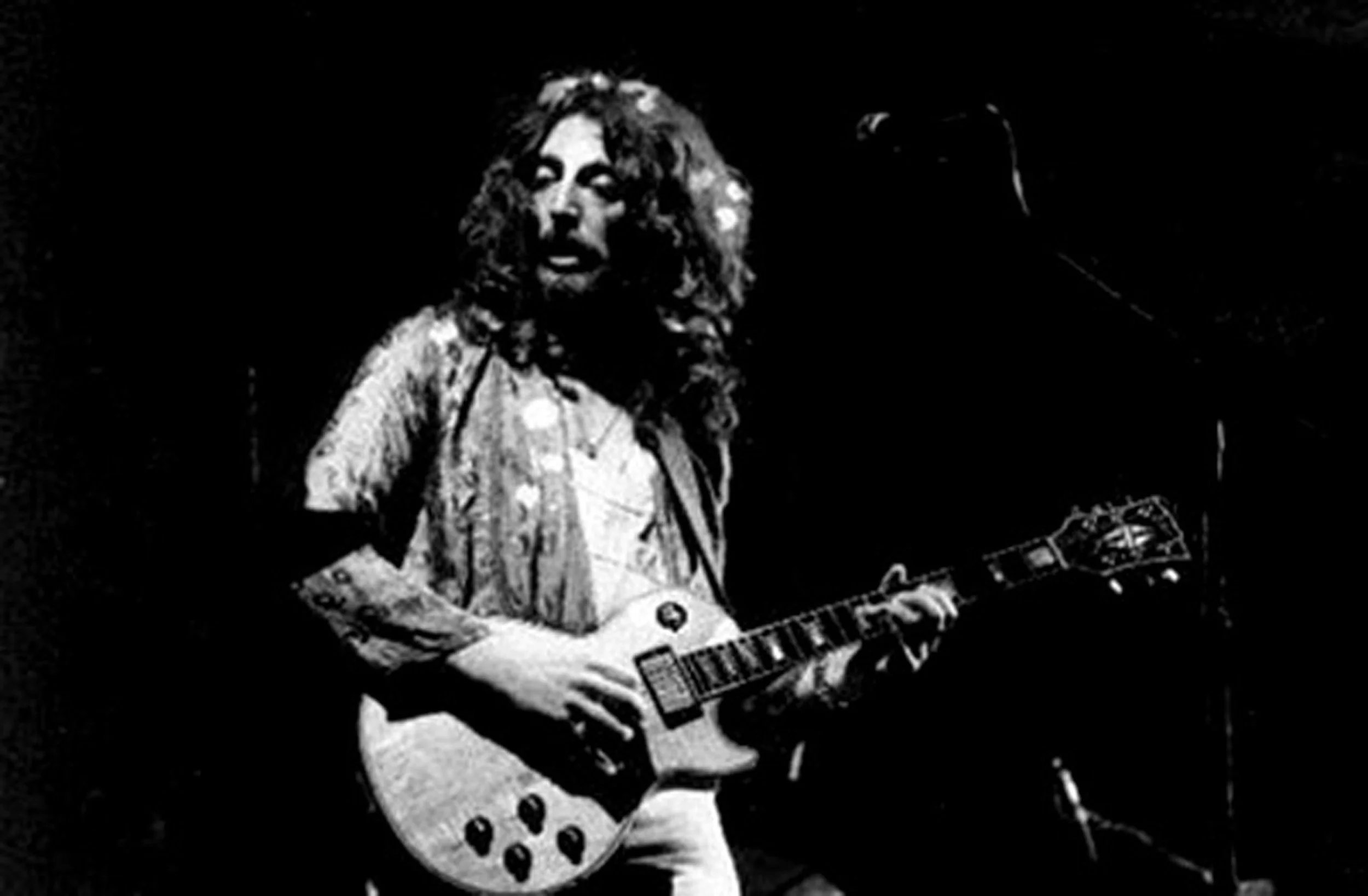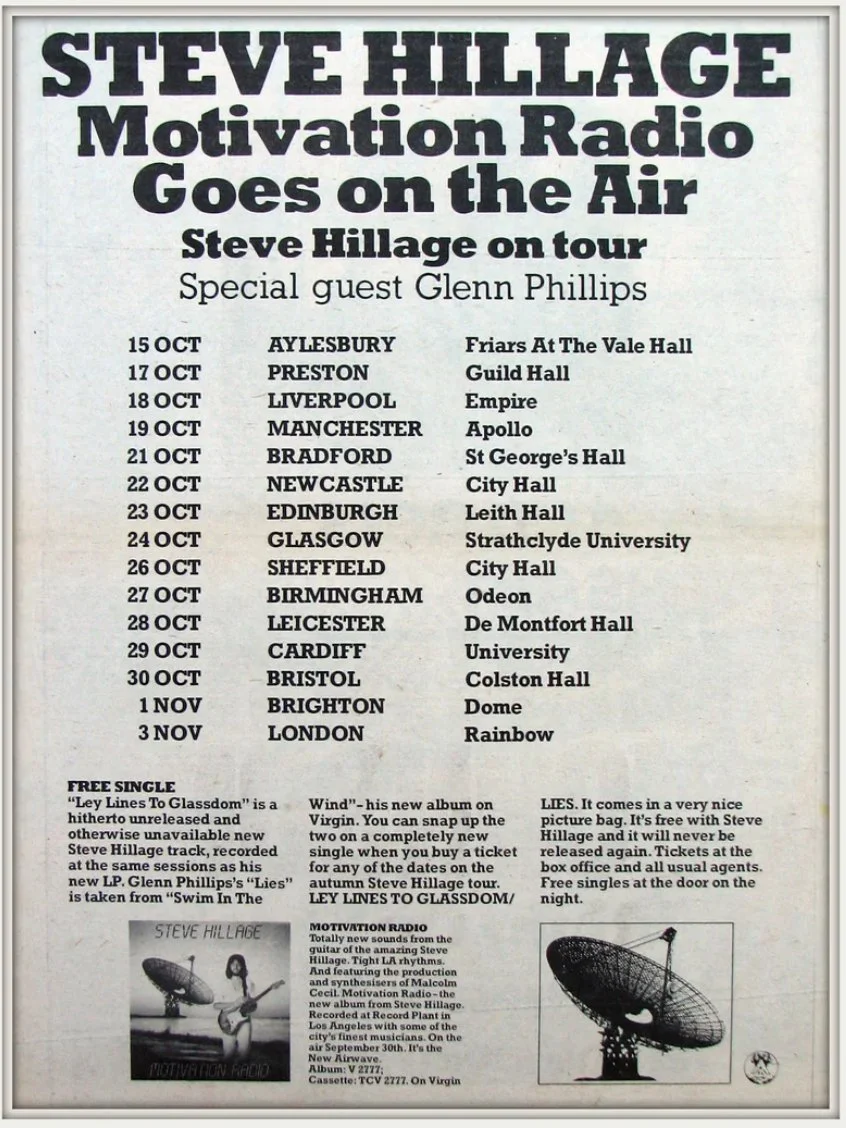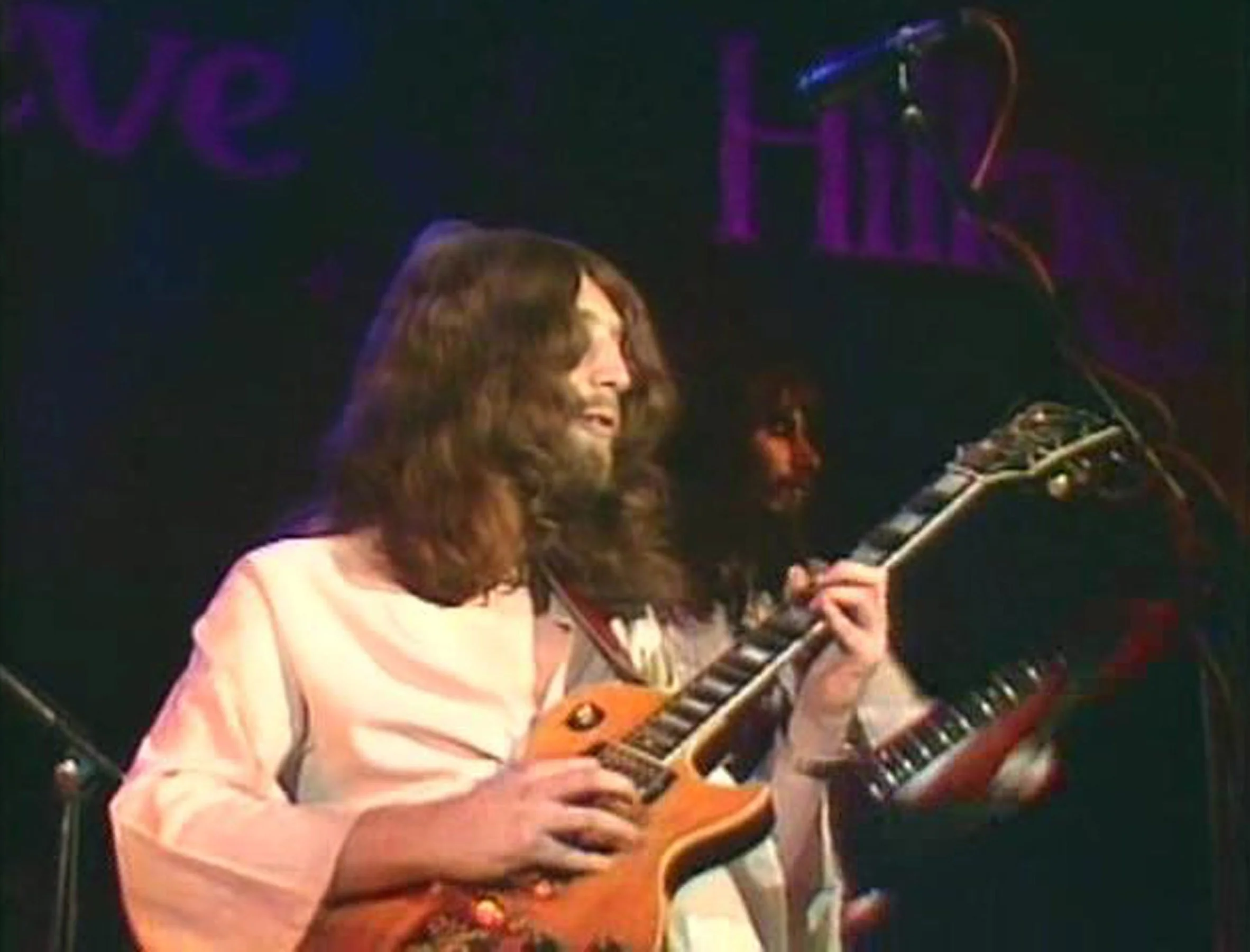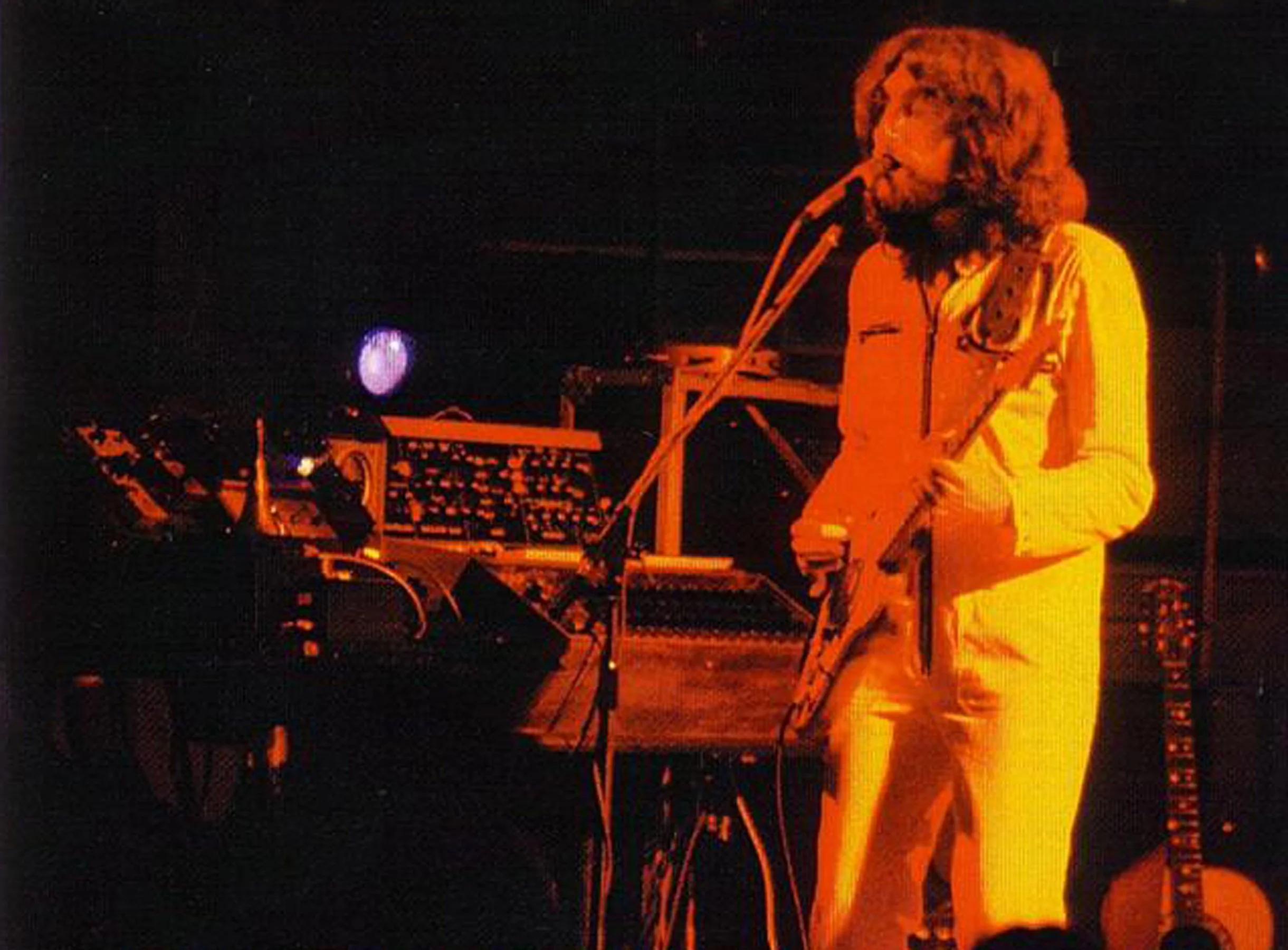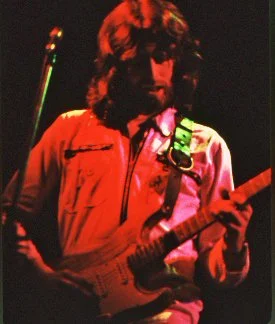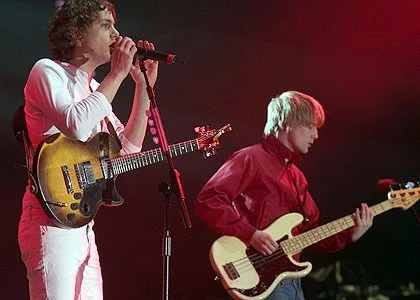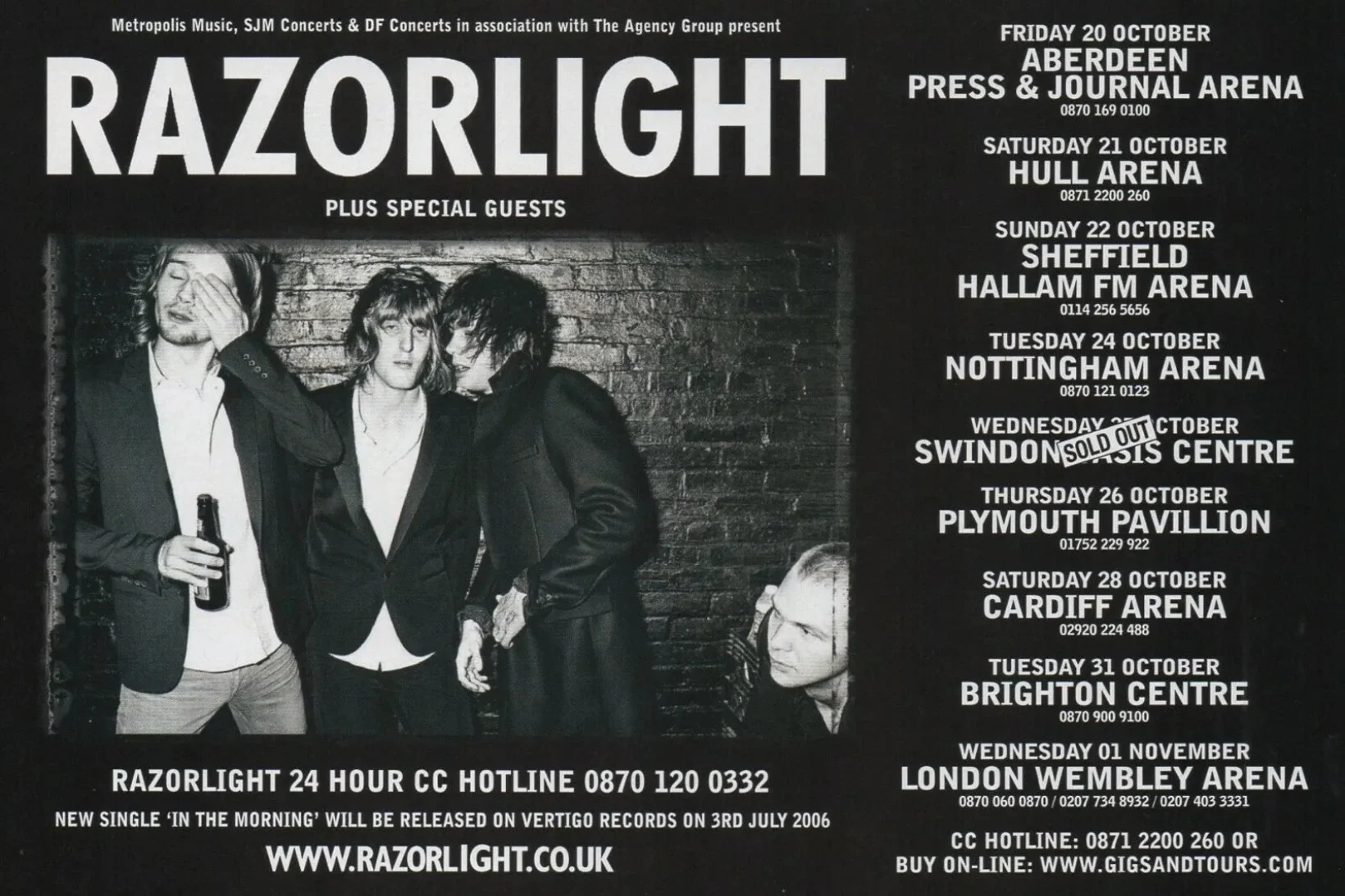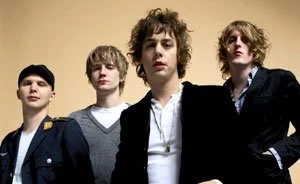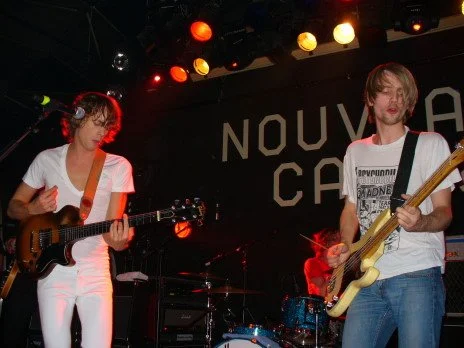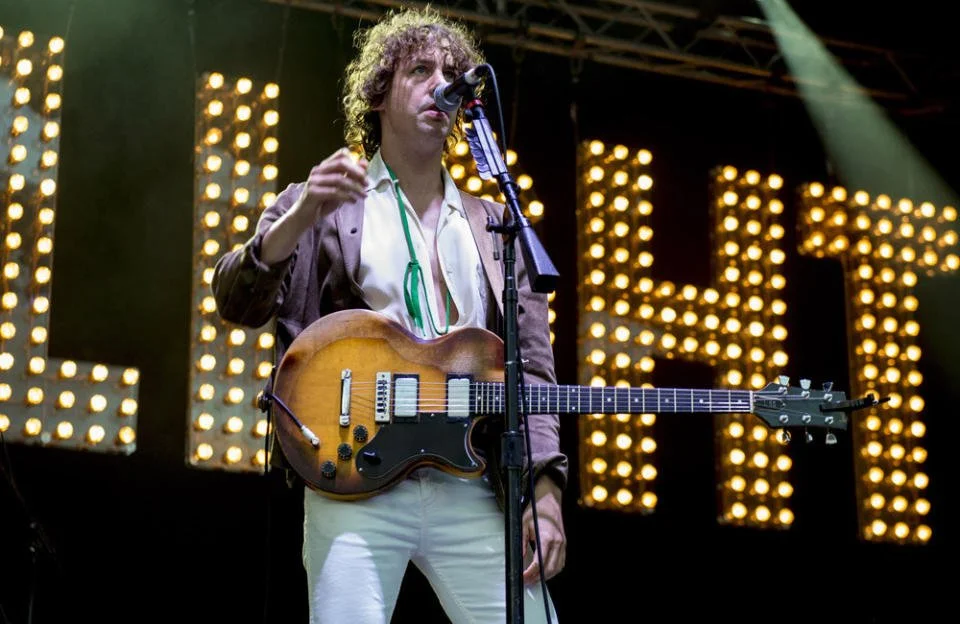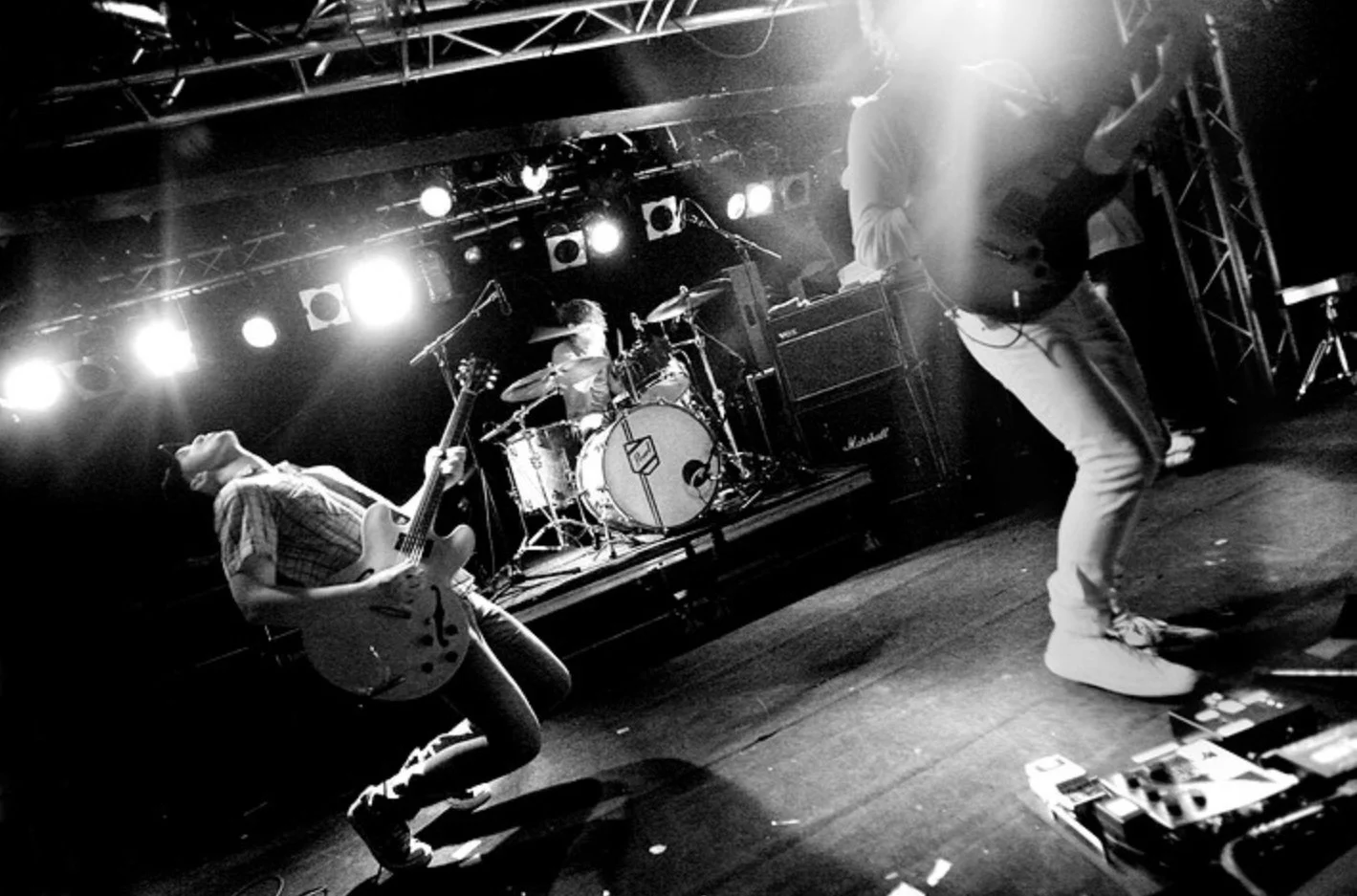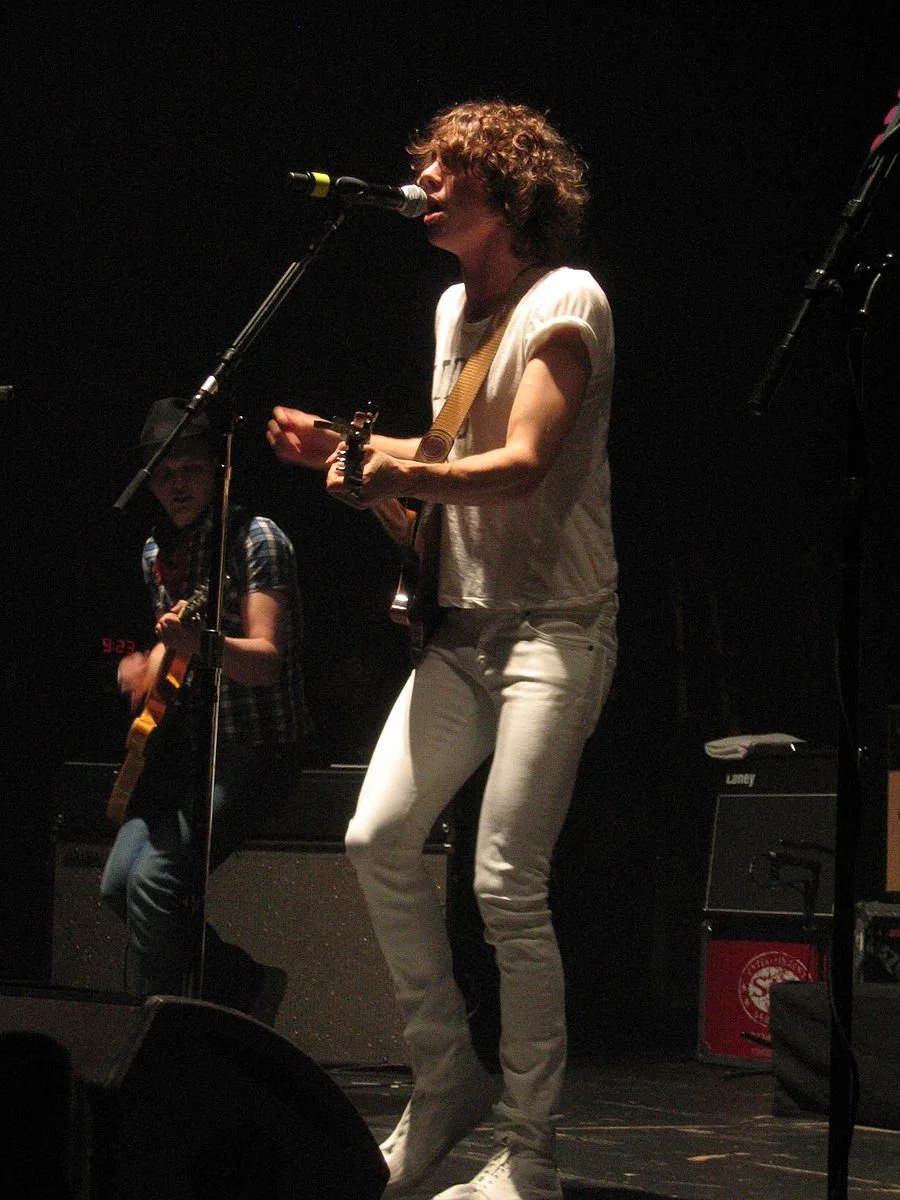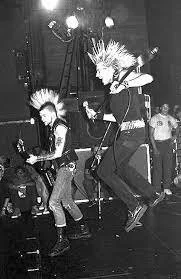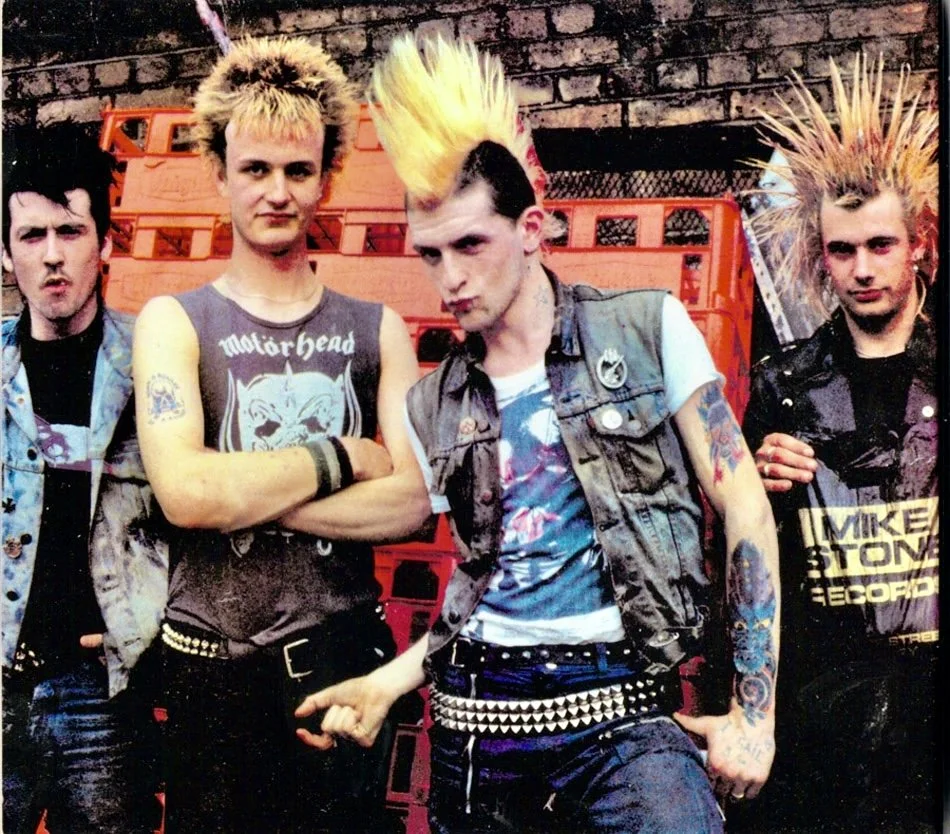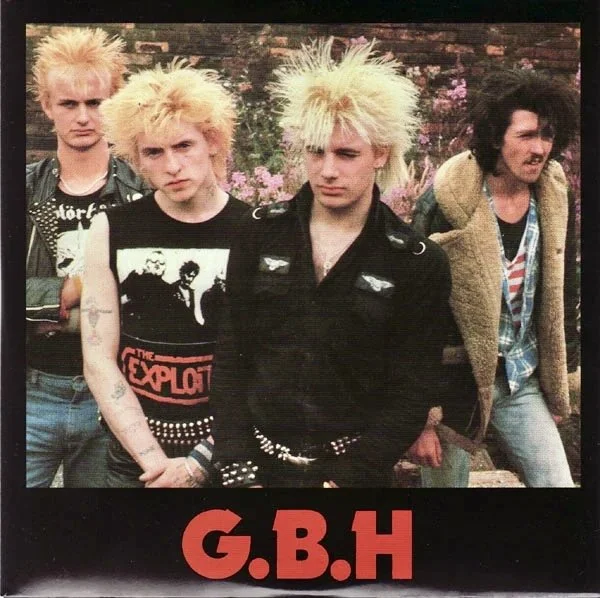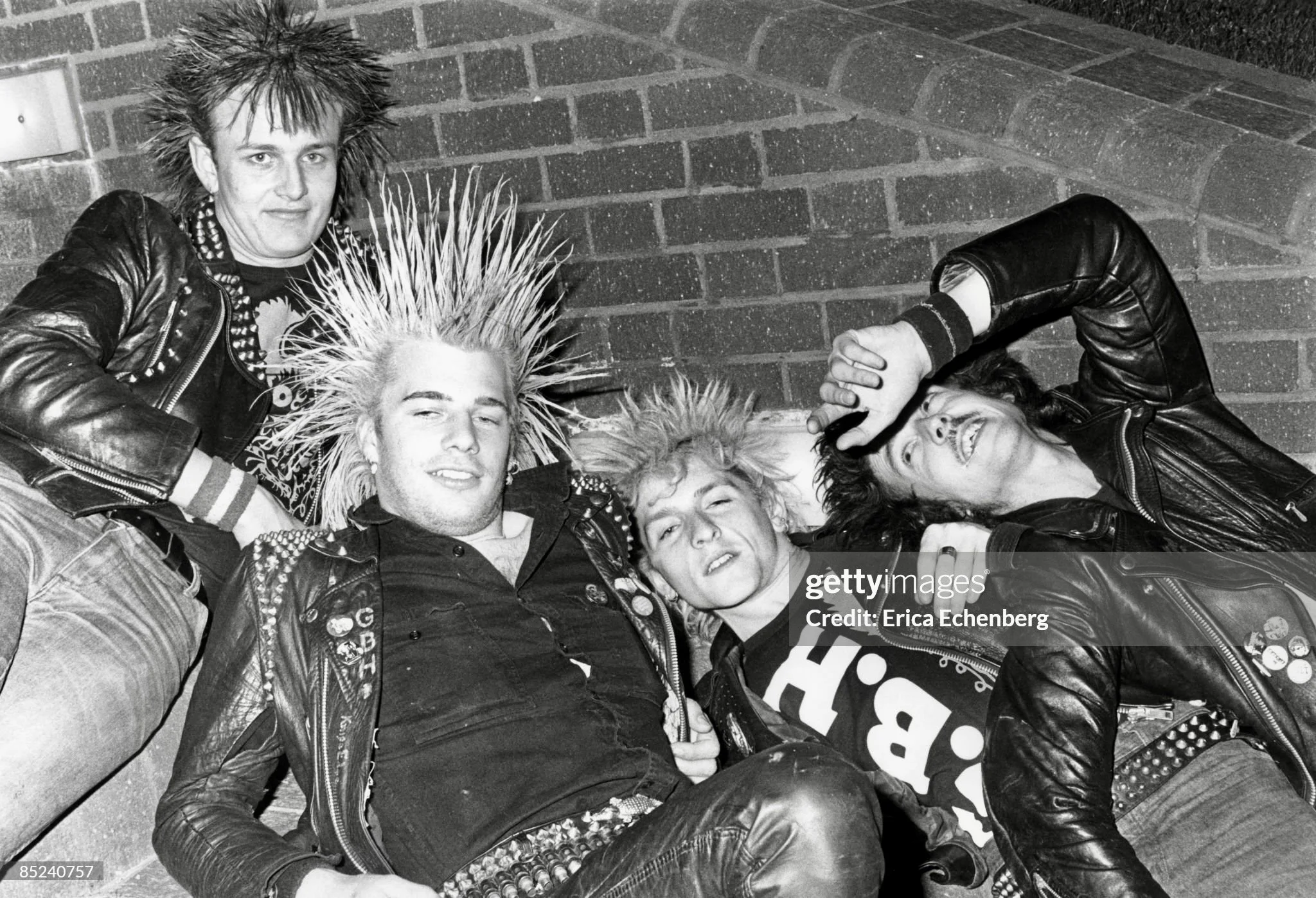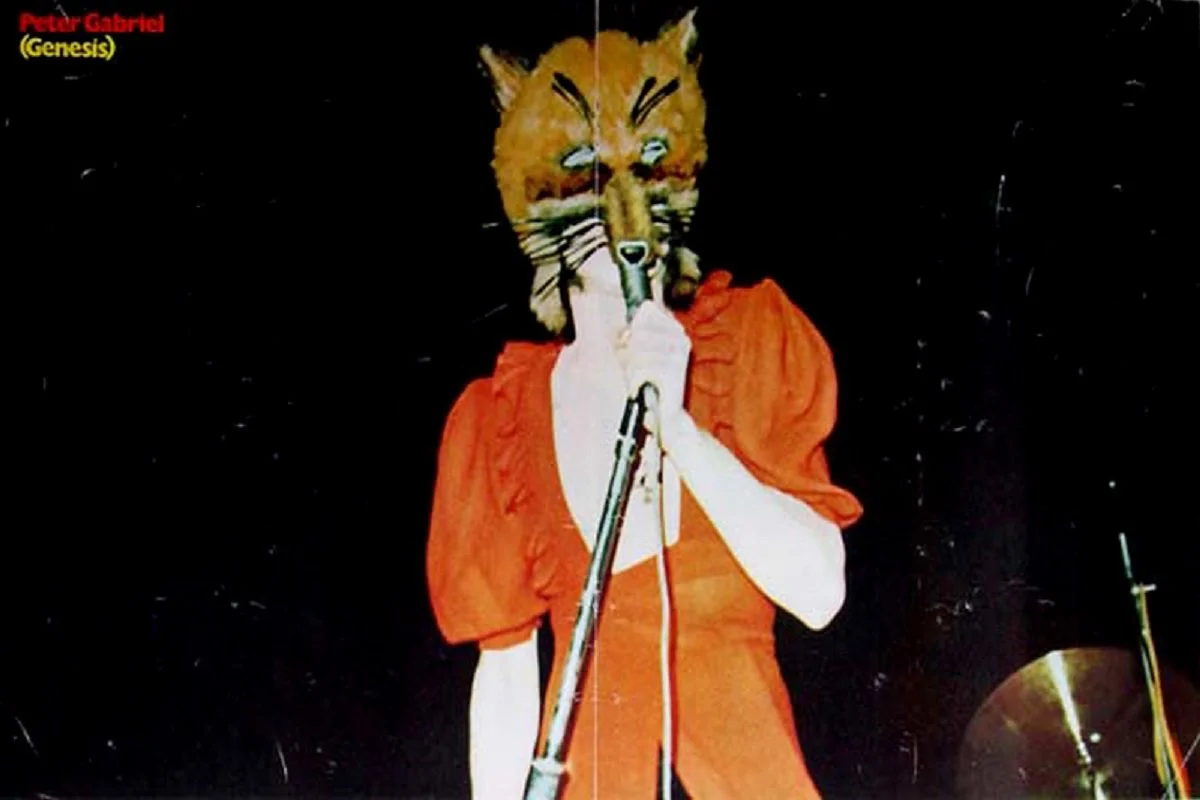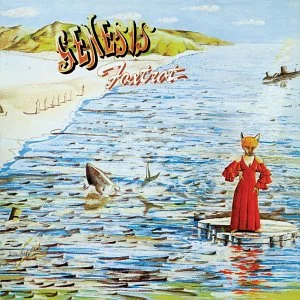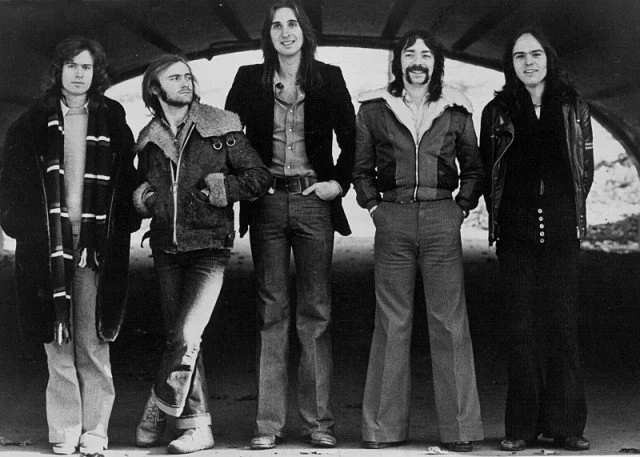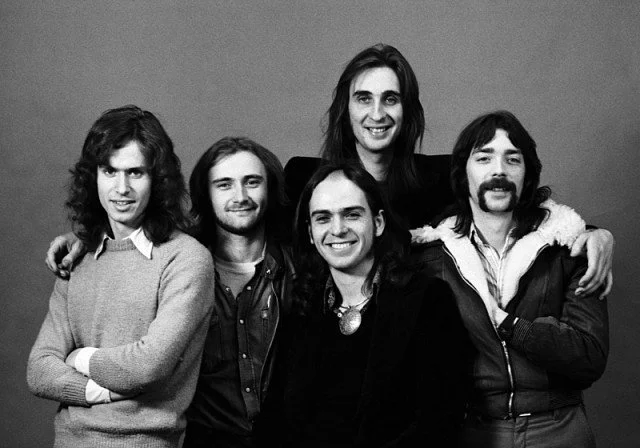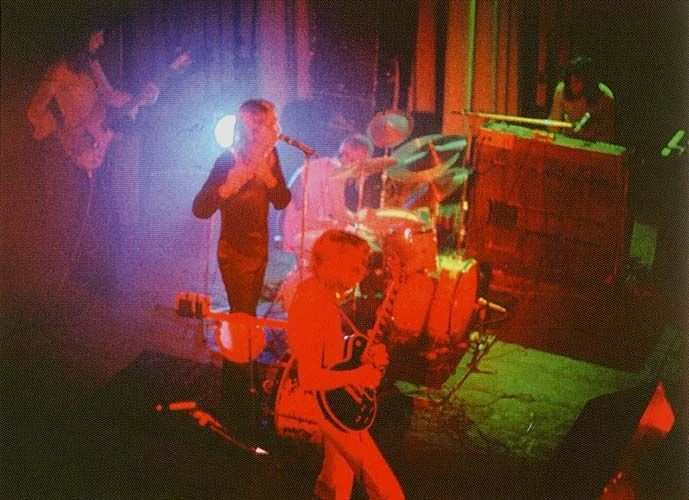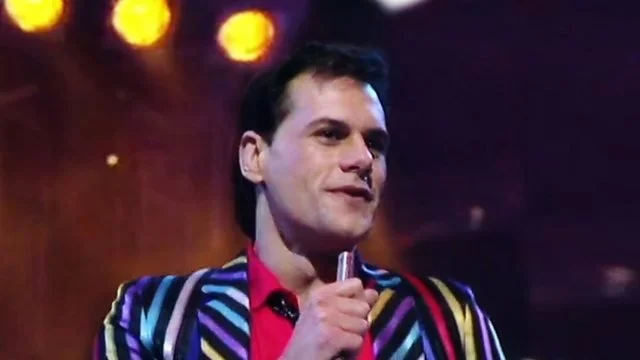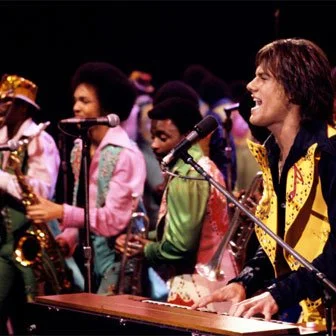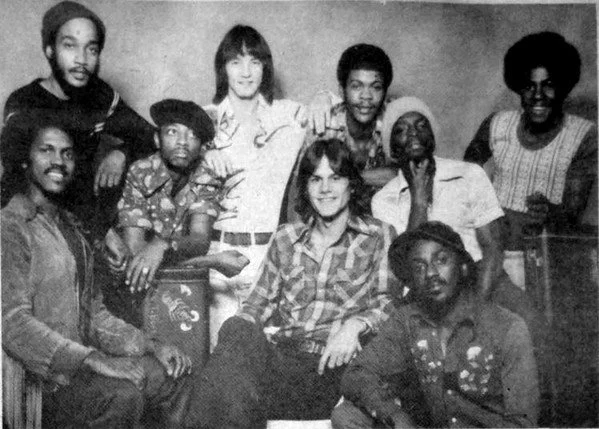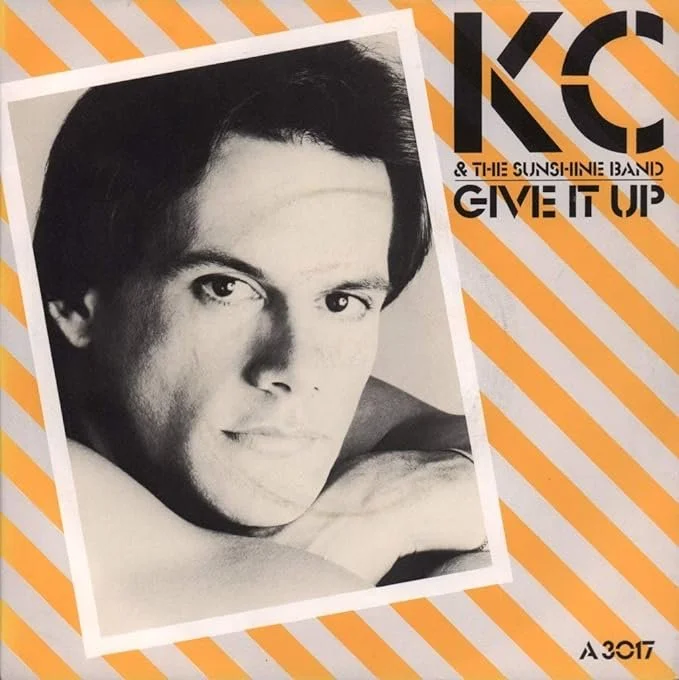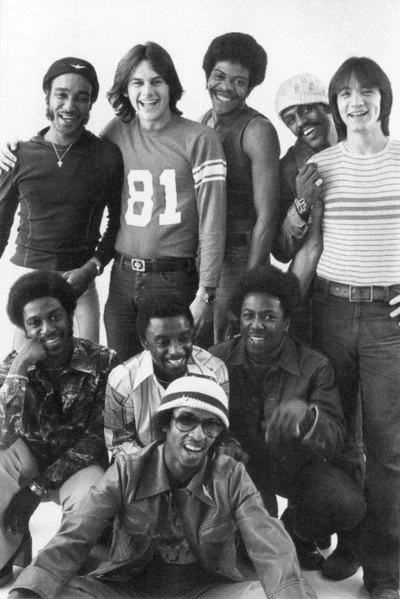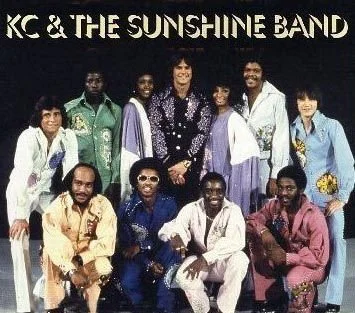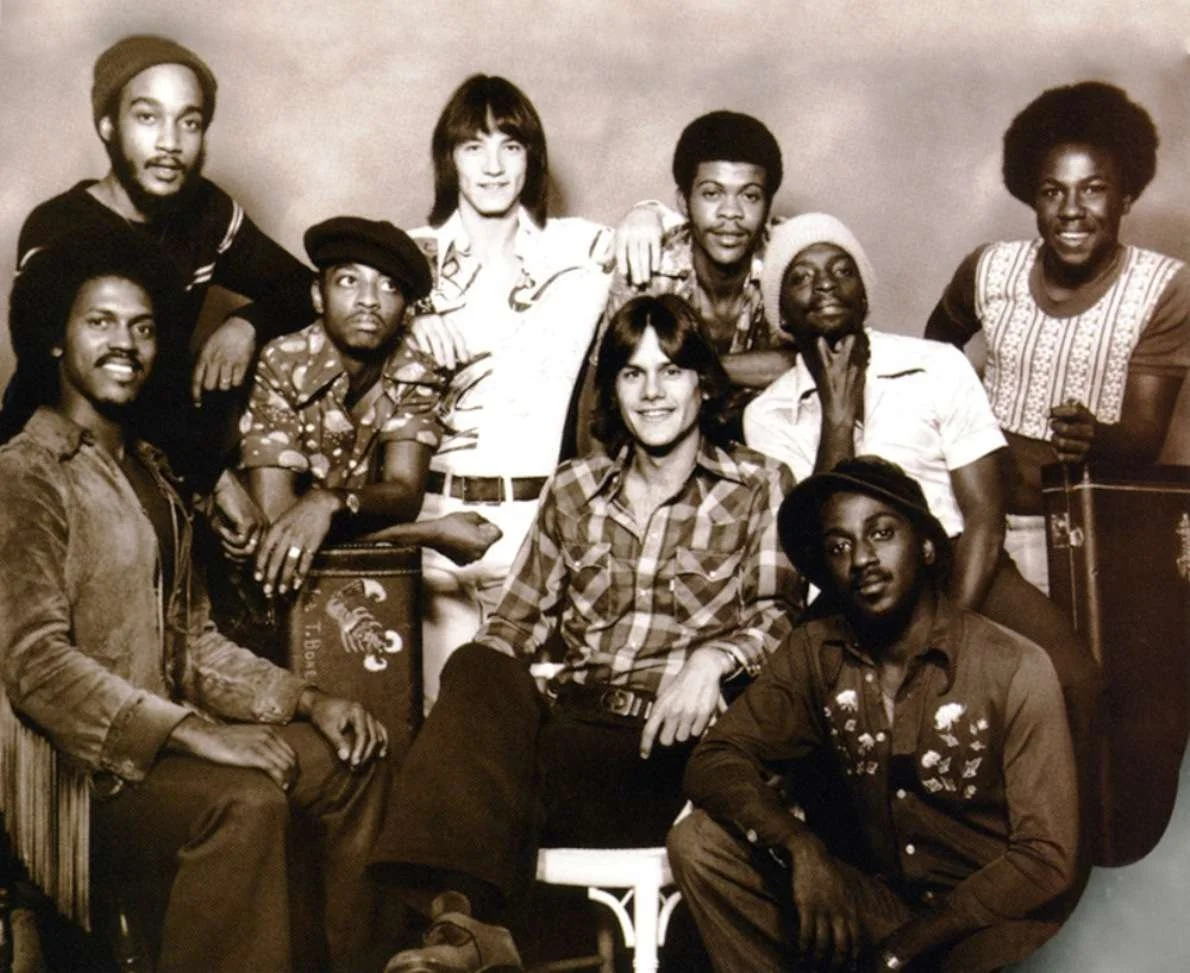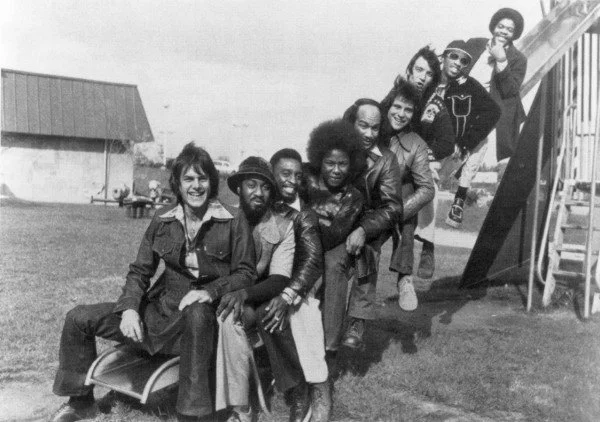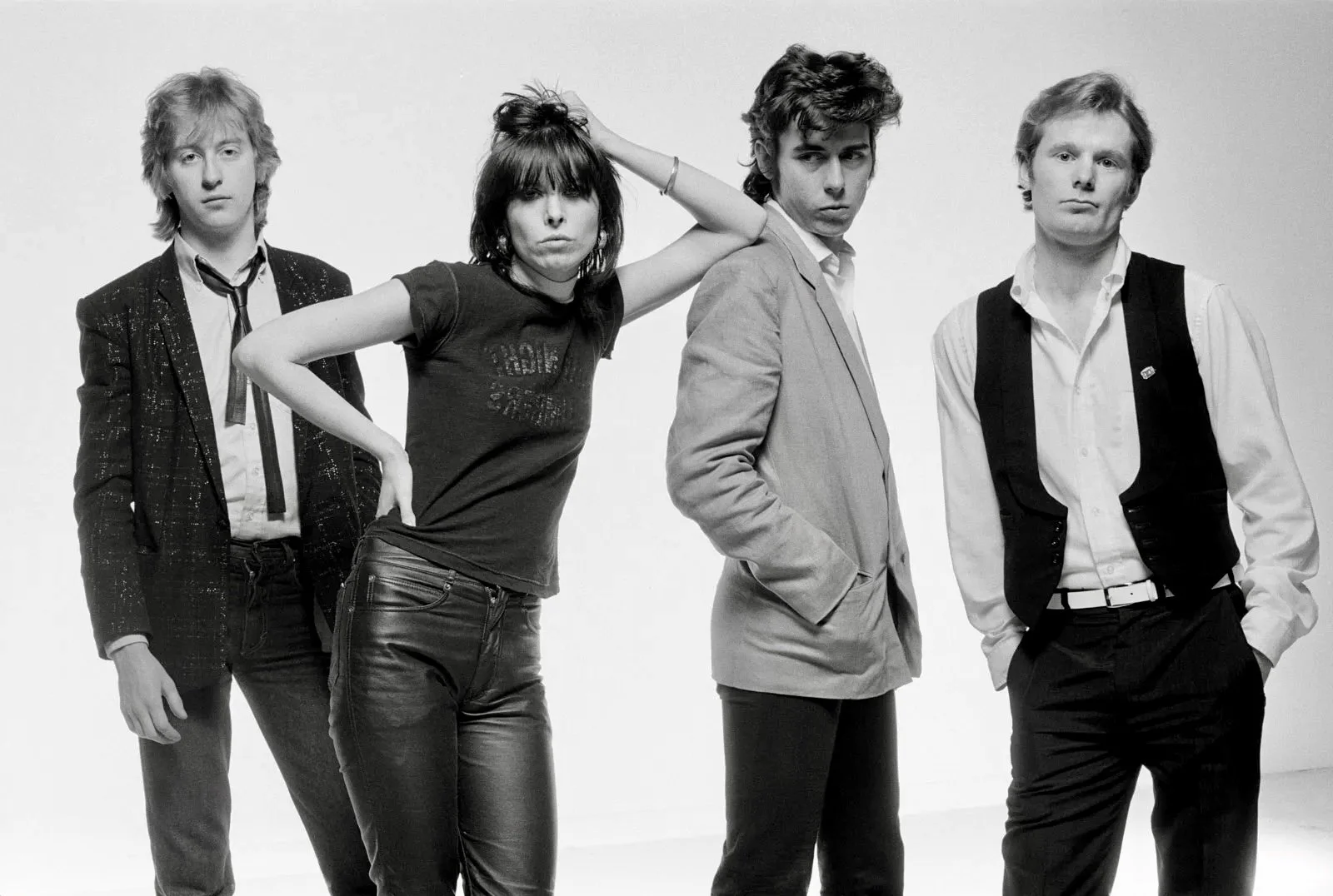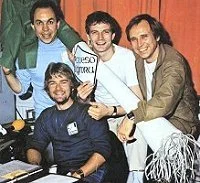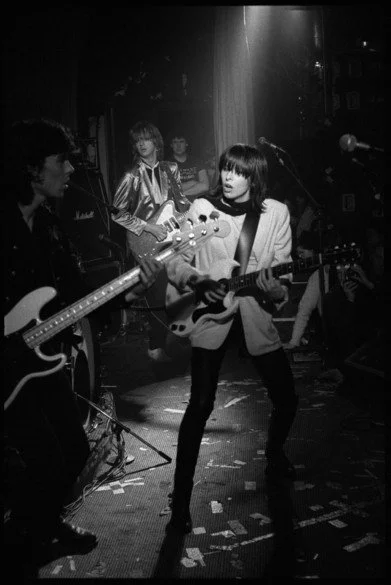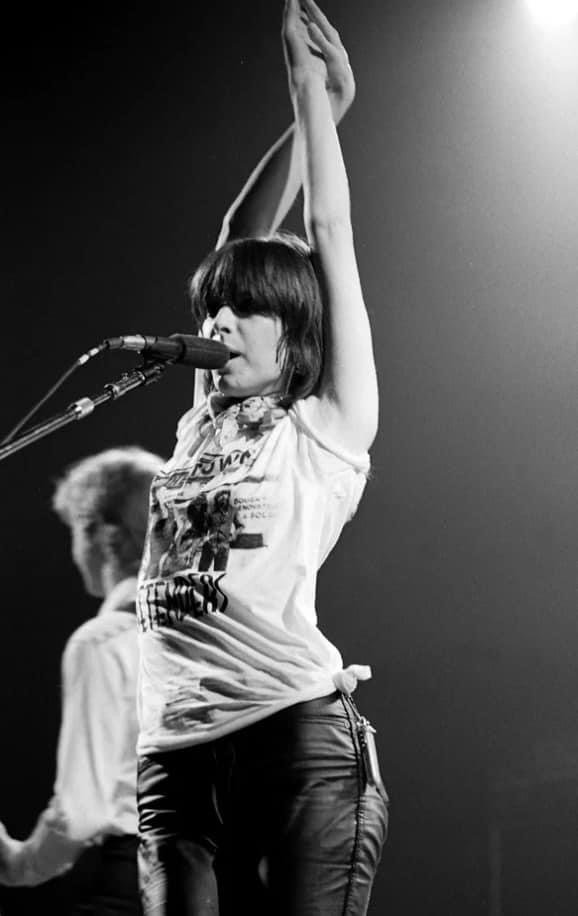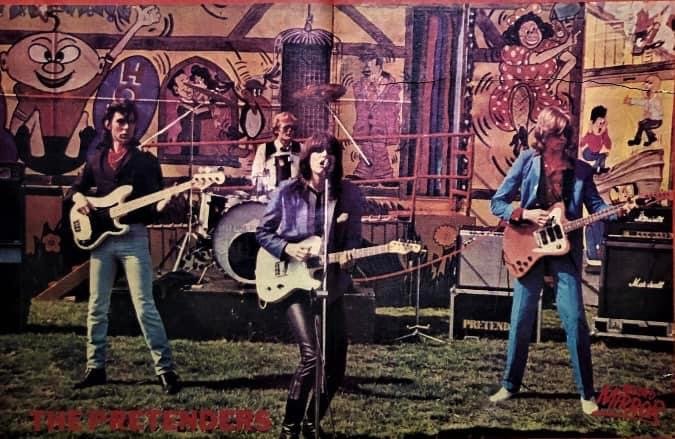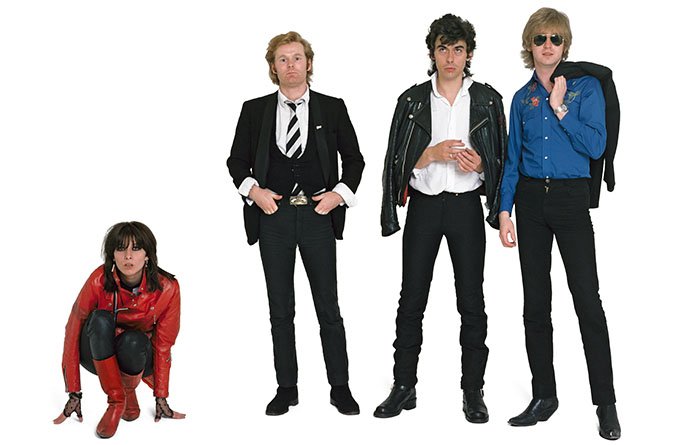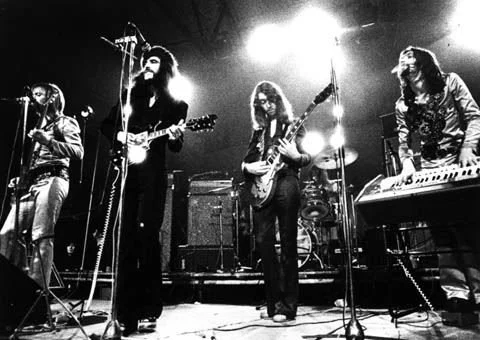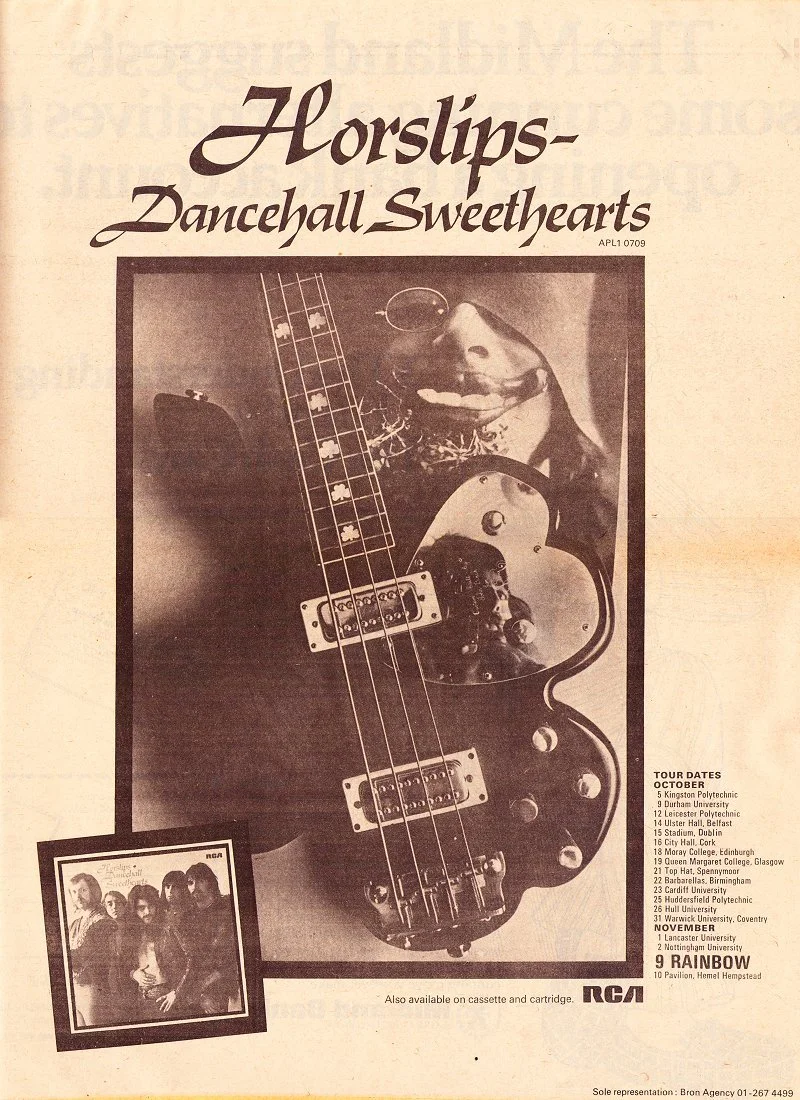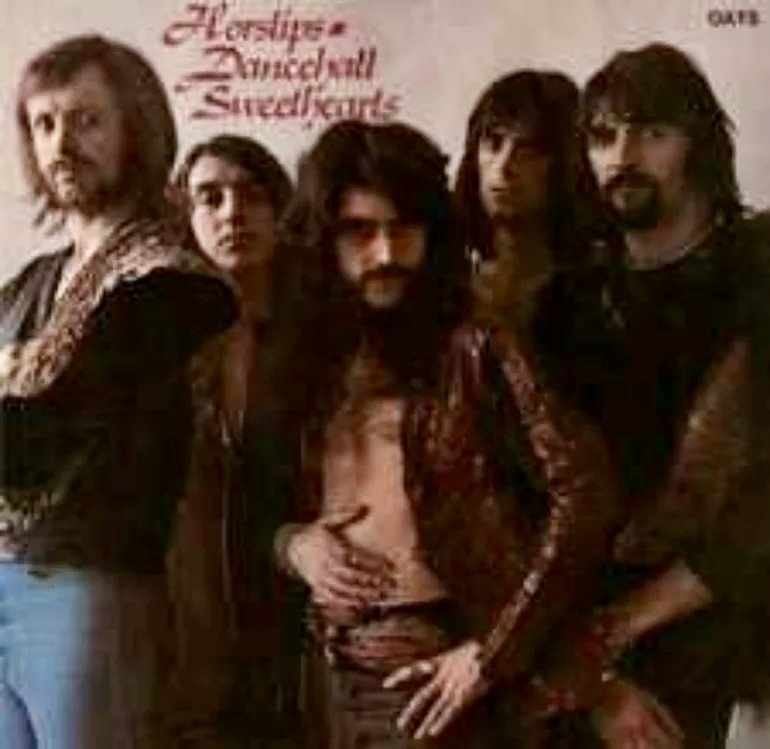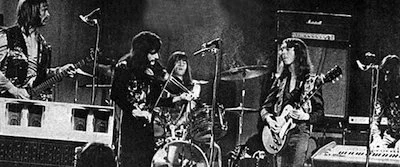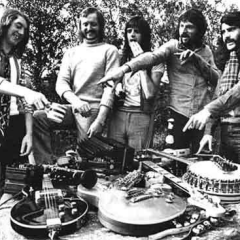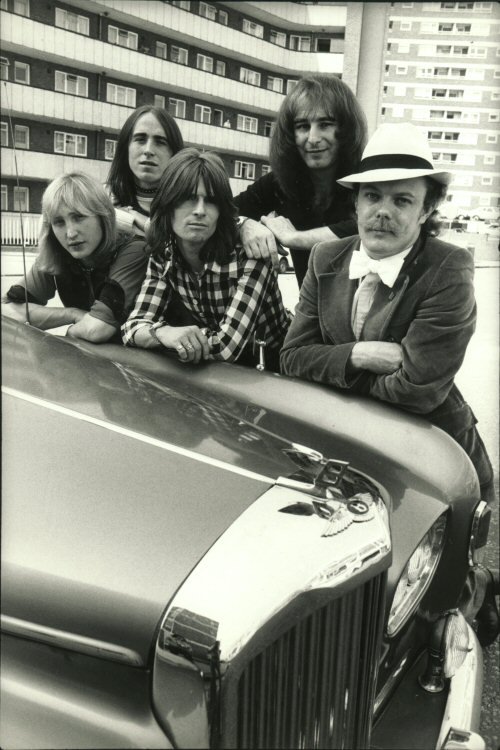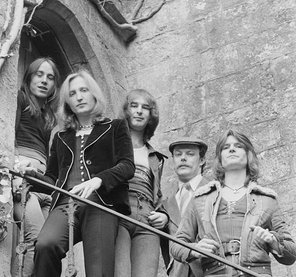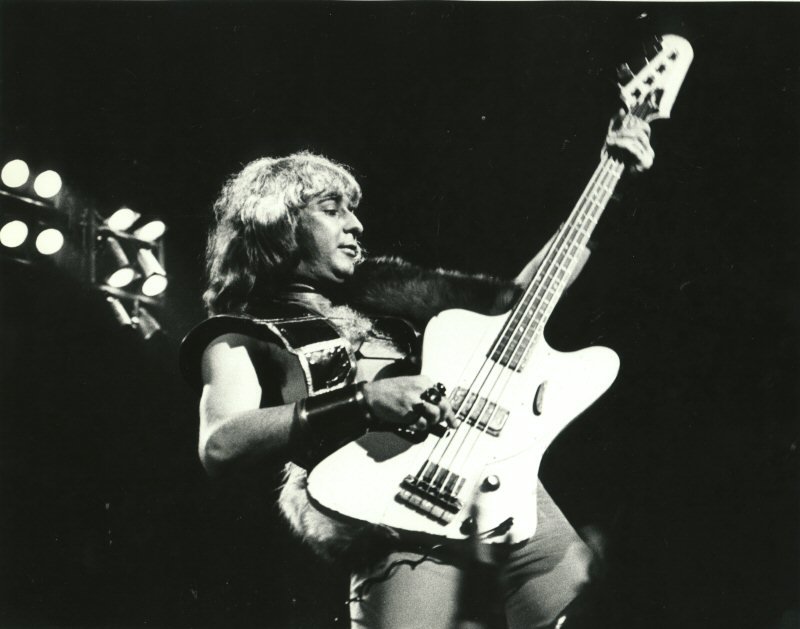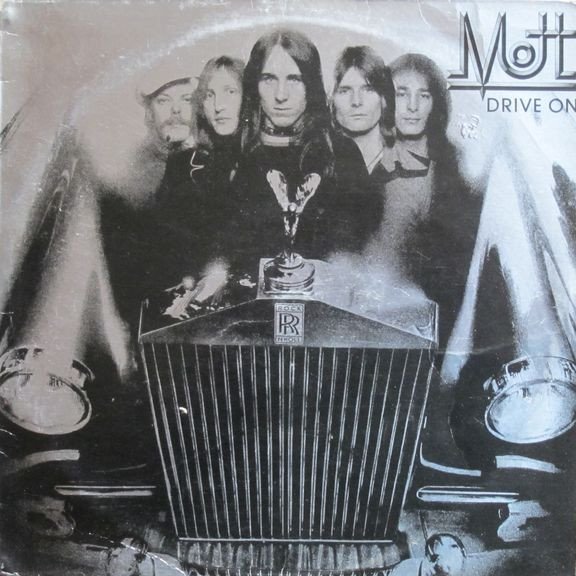Images may be subject to copyright
On this day, 29 October 1977, English musician Steve Hillage, played Cardiff University.
best known as a guitarist. He is associated with the Canterbury scene and has worked in experimental domains since the late 1960s. Besides his solo recordings he has been a member of Khan, Gong and System 7.
For his first post-Gong solo work, Hillage and Giraudy relocated to Woodstock, New York in May and June 1976 to record with Todd Rundgren and his band Utopia on L, which included covers of "Hurdy Gurdy Man" and "It's All Too Much" that became integral to his live set. The album was released on 24 September and spent 12 weeks on the UK album chart peaking at #10. Needing to tour to promote the album, he put together a band with Christian Boulé (guitar), Clive Bunker(drums), Colin Bass (bass), Paul Hodges (keyboards) and Basil Brooks (synthesiser, flute).
They debuted supporting Queen at a free Hyde Park, London concert on 18 September, then toured heavily in Britain and France to promote the album including a BBC Radio 1 In Concertbroadcast. In January and February 1977 they supported Electric Light Orchestra on their US tour and appeared on the German television music programme Rockpalast in March.
In May 1977, Hillage was part of a live performance of Mike Oldfield's Tubular Bells in Glasgow with the Scottish National Orchestra. He participated in the Gong re-union concert in Paris as part of the trilogy band, a solo set and also accompanied Blake. In late summer, Hillage produced Nik Turner's Xitintoday album which featured contributions from other Gong members, Harry Williamson and drummer Andy Anderson. Hillage also contributed to Williamson's protest single "Nuclear Waste" issued as The Radio Actors with lead vocals by Sting.
During the US tour Hillage had taken an interest in funk music and became disheartened that he was being perceived as "progressive rock" and so deliberately chose to move in that direction. He had met Malcolm Cecil of Tonto's Expanding Head Band who he felt may help in his pursuit of a new style and in July they entered the Record Plant studio in Los Angeles to record Motivation Radio. A new band was put together with Reggie McBride on bass and Joe Blocker on drums, although Curtis Robertson Jr. took over bass duties for the live dates. The album was issued in September and the band toured through to November visiting Germany, France and Britain.


